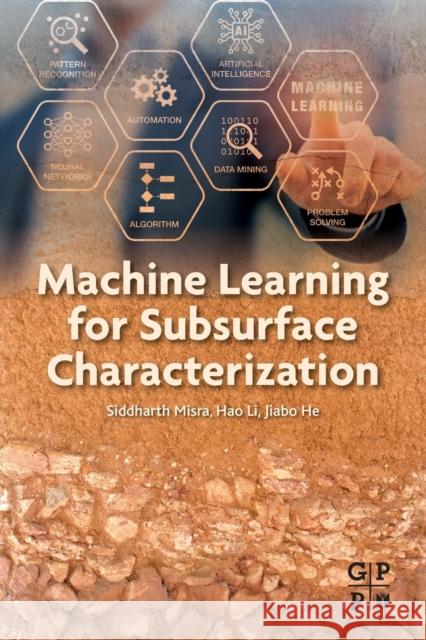Machine Learning for Subsurface Characterization » książka
topmenu
Machine Learning for Subsurface Characterization
ISBN-13: 9780128177365 / Angielski / Miękka / 2019 / 440 str.
Kategorie:
Kategorie BISAC:
Wydawca:
Gulf Professional Publishing
Język:
Angielski
ISBN-13:
9780128177365
Rok wydania:
2019
Ilość stron:
440
Waga:
0.58 kg
Wymiary:
22.86 x 15.24 x 2.29
Oprawa:
Miękka
Wolumenów:
01
Dodatkowe informacje:
Bibliografia











